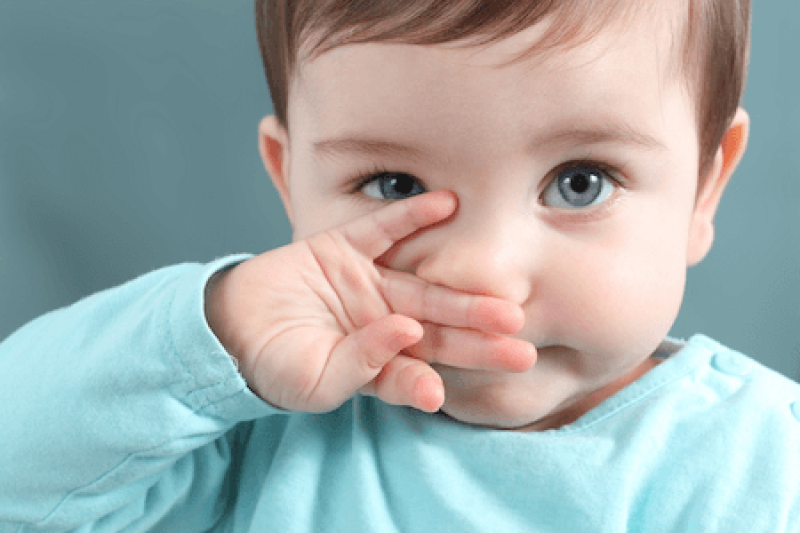Blair and James are trying to start a family. Like many parents, they hope their future offspring will be healthy. They’d also like the baby to have blue eyes.
The couple, both 35, describe themselves as type-A personalities who research everything. When they decided to try for a baby, they looked into DNA testing to rule out disease-causing genetic mutations they might pass along to their child. Then they learned about a test that might help predict a future baby’s eye color.
…
[T]he notion that parents might someday select embryos based on what some deem as aesthetic preferences—a future child who is a certain height or good at sports or looks a certain way—raises challenging ethical questions. Perhaps, some ethicists argue, DNA testing will create a society that further values certain types of children more than others.…
Based on the results of the testing, [Dr. Jeffrey Steinberg] says, “You absolutely can make a blue-eyed baby.” The doctors say that they estimate that in a group of five of their embryos, one is likely to have blue eyes.
…
Once you start looking at an embryo to rule out diseases, [James] says, what’s one more thing like eye color?
“You are there already,” he says.
Read full, original post: Is It Ethical to Choose Your Baby’s Eye Color?































